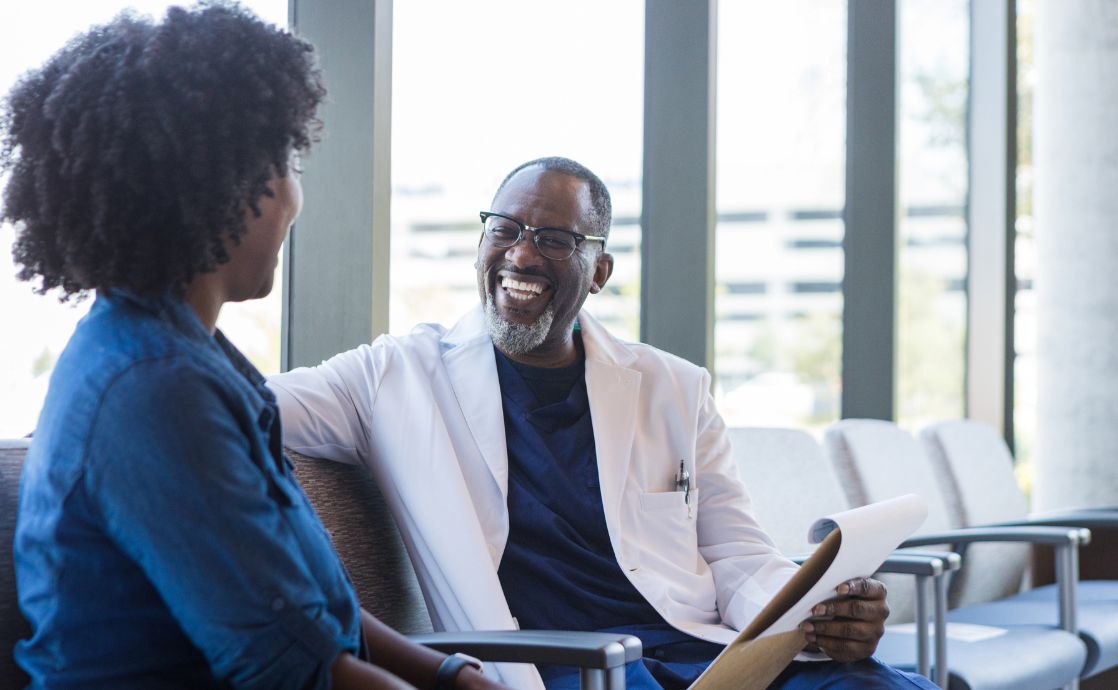In an era where the complexities of healthcare mount and the quest for well-being grows increasingly intricate, selecting a competent physician emerges as both an art and a science. The Bahá’í teachings, which emphasize the harmony of science and religion, offer profound insights into this vital pursuit. As individuals traverse the landscape of medical professionals, they often grapple with an unwieldy amalgamation of choices, heightened by the intricate interplay of technological advancement, varied specialties, and personal beliefs. Thus, this exploration not only delineates practical steps for finding a capable healer but also encapsulates the profound philosophical underpinnings that underscore the Bahá’í approach to health and healing.
At the outset, one must acknowledge the significance of intention. A seeker’s sincere pursuit of healing should resonate with a deeper understanding of the human condition. In Bahá’í thought, health encompasses not merely the absence of illness but a multifaceted state of harmony among the physical, emotional, and spiritual realms. It is vital to approach the task of finding a physician with a mindset attuned to holistic well-being. This primacy of intention guides the seeker towards practitioners who resonate with this comprehensive worldview.
The first step in this journey is discerning one’s specific health needs. The diverse spectrum of medical specialties necessitates a tailored approach. One might begin by cataloging symptoms or ailments, thus enabling a focused search for a specialist. Whether one requires a generalist or a specialist, it is crucial to identify the practitioner who possesses both humility and expertise. Physicians who exhibit a sincere desire to understand the patient’s unique circumstances typically offer a more personalized care experience; thus, evaluating a physician’s communicative approach becomes paramount.
Moreover, the importance of researching potential physicians cannot be overstated. Modern tools, such as online databases and health forums, facilitate this process, allowing individuals to scrutinize practitioners’ qualifications, patient reviews, and professional affiliations. However, while these resources provide valuable insights, it is essential to approach them critically. Anomalous feedback, both positive and negative, may not reflect the complete context of a practitioner’s abilities. In Bahá’í thought, the principle of independent investigation of truth encourages individuals to look beyond surface perceptions and seek deeper understanding.
Equally integral to this process is the alignment of moral values. The teachings advocate that a true healer not only excels in their field but embodies virtues such as compassion, integrity, and empathy. Engaging in reflective dialogue about a physician’s philosophy of care can unveil their alignment with these moral imperatives. This dialogue could include inquiries about their approach to patient autonomy, their methods of collaboration with patients, and their attitudes towards preventative care.
A notable facet of contemplating the right physician also involves evaluating the environment in which care is delivered. The clinical setting often speaks volumes about the values of the practice. Does it exude a welcoming ambiance? Are staff members courteous and respectful? A holistic healing environment nurtures not only the physical but also the psychological aspects of recovery. In line with Bahá’í principles, it is crucial to immerse oneself in locales that promote a sense of community and support, thereby enriching the healing experience.
Furthermore, consideration of a physician’s commitment to continuous education and practice improvement can be illuminating. The field of medicine is in perpetual evolution, encompassing new research, technologies, and methodologies. Talented practitioners maintain engagement with ongoing education, thereby ensuring that their practice is informed by the latest advancements. This aligns with the Bahá’í principle of lifelong learning, reflecting a dedication not only to professional competence but to broader spiritual and moral growth.
Equipped with this preparatory knowledge, one may proceed to facilitate initial consultations. Utilizing these meetings as opportunities to engage with potential physicians profoundly enhances the decision-making process. Open dialogues regarding treatment philosophies, expectations, and experiences can illuminate compatibility. It is also prudent to observe the responsiveness of the physician. An adept healer values patient input, cultivating discussions that embrace shared understanding. The essence of the physician-patient relationship is founded upon mutual respect and collaboration, which Bahá’í teachings profoundly advocate.
Lastly, the art of discernment cannot be overlooked. If, after initial consultations, one feels misaligned with a selected physician, it is essential to possess the resolve to seek alternative options. The journey towards optimal health is fundamentally intertwined with the quality of the therapeutic alliance; finding the right healer may require perseverance and courage. In the Bahá’í perspective, resilience in pursuing one’s well-being is not merely a personal endeavor but a collective virtue that resonates with the broader community.
In summation, the pursuit of a competent physician transcends mere logistical considerations; it is a philosophical expedition that intertwines principles of intention, holistic health, and moral alignment. By engaging deeply in the process of selecting a healer, individuals not only advocate for their own physical and emotional wellness but also contribute to the collective advancement of humanity’s well-being. As one navigates the intricate pathways of healthcare, the duality of spiritual and medical wisdom inherent in Bahá’í teachings provides a rich reservoir of guidance, underscoring the importance of the heart, mind, and spirit in the journey toward healing.
